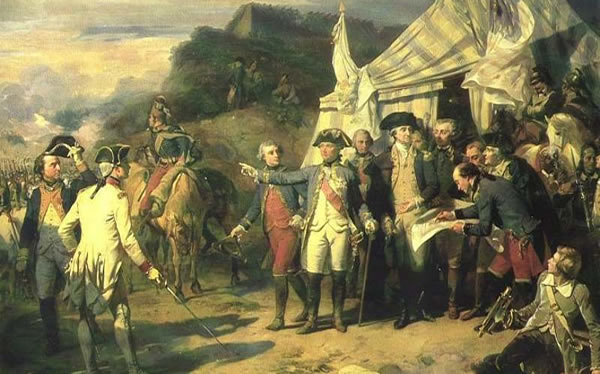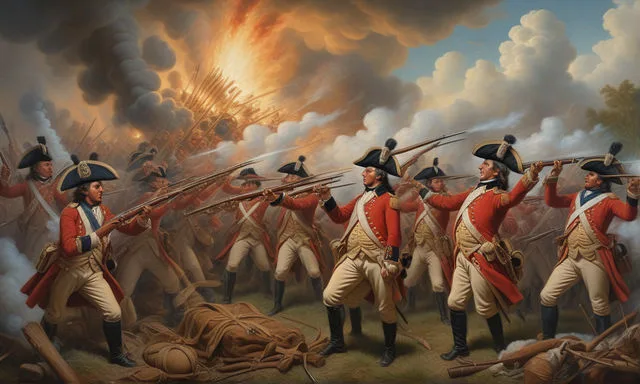The French and Indian War, a pivotal conflict in North American history, fundamentally reshaped colonial dynamics and set the stage for significant geopolitical shifts. Lasting from 1754 to 1763, this war, also known as the Seven Years’ War globally, emerged from longstanding tensions between European powers vying for dominance in the New World.
Origins and Key Players
The war primarily involved Britain and France, supported by their respective Native American allies. French settlers and their indigenous allies, including the Huron and Algonquin tribes, clashed with British forces and their allies, notably the Iroquois Confederacy. These skirmishes quickly escalated into a full-scale conflict as both sides sought control over lucrative fur trading routes and expansive territories.
Turning Points and Battles
Several pivotal battles defined the course of the war. The Battle of Fort Duquesne (1755), where British forces suffered a humiliating defeat, highlighted early French military superiority. However, under the leadership of figures like General Wolfe, the British gradually turned the tide. The pivotal Battle of Quebec (1759) saw British forces under Wolfe’s command decisively defeat the French, marking a turning point in the war.

Impact on Colonial Relations
The French and Indian War profoundly influenced colonial relations in several critical ways:
- British Expansion and Colonial Identity: With French influence significantly diminished in North America post-war, British colonial territories expanded westward. This expansion heightened tensions with Native American tribes, who had previously allied with the French against British encroachment.
- Increased British Control: The war’s outcome placed vast new territories under British control, leading to heightened British taxation and regulation efforts aimed at maintaining order and recouping wartime expenses. These measures, such as the Proclamation of 1763, restricted colonial expansion beyond the Appalachian Mountains, fueling resentment among American settlers.
- Seeds of Discontent and Revolutionary Sentiment: The financial burden of the war and subsequent British policies sowed seeds of discontent among American colonists, ultimately contributing to the outbreak of the American Revolutionary War. Colonists, having fought alongside British forces against the French, now questioned their treatment and representation within the British Empire.
Legacy and Long-term Consequences
The French and Indian War’s legacy extends far beyond its immediate military outcomes. It set in motion a series of events that culminated in the American Revolutionary War and the eventual independence of the United States. Moreover, the war highlighted the complexities of colonial alliances and power dynamics in the New World, shaping future diplomatic strategies and territorial disputes.
In conclusion, the French and Indian War was a watershed moment in colonial history, profoundly altering colonial relations and laying the groundwork for future geopolitical shifts. Its impact resonates through the annals of American and European history, underscoring the intricate interplay between military conflicts, territorial ambitions, and the aspirations of burgeoning colonial societies.
By understanding the nuances of this conflict, we gain insight into the complexities of colonial governance and the enduring legacy of imperial rivalries in shaping the modern world.
Source : chatgpt.com
